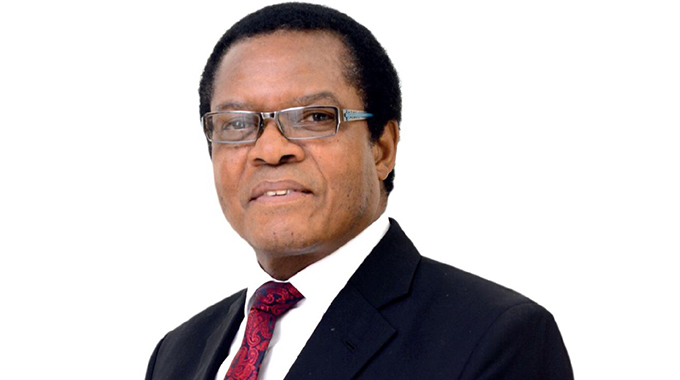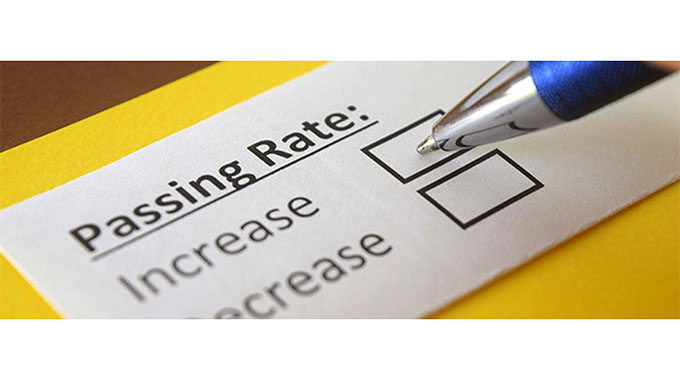Potraz to balance tariff hikes, affordability

Michael Tome-Business Reporter
THE Postal and Telecommunications Regulatory Authority of Zimbabwe (Potraz) will allow telecommunication network operators to adjust tariffs in tandem with rising costs to ensure sustainability of operations in the sector.
However, the telecoms regulator said it would remain cautious of the need to guarantee service affordability for subscribers given that disposable incomes remain under pressure.
Potraz said the rising cost of operations prompted it to approve data and voice call price increases by fixed and mobile network operators, which has elicited complaints from subscribers, as disposable incomes remain low.
Resultantly, Potraz’s 2021 fourth-quarter sector performance report saw a 13,8 percent decline in national voice traffic while the international outgoing voice calls traffic retreated by 1,9 percent compared to third-quarter.
Similarly, mobile data traffic declined by 3,5 percent to 24,9 terabytes compared to the third quarter’s traffic of 25,9 terabytes.
The industry regulator said the downturn in volumes for the fourth quarter of 2021 was the only period the sector had recorded a decline in mobile internet and data traffic last year.
Presenting the 2021 postal and telecommunications sector performance, Potraz director-general, Dr Gift Machengete said fixed and mobile telephone tariffs had overtime been increased to maintain viability.
However, Dr Machengete noted that while players have moved to address increasing cost of operating, subscribers’ disposable incomes had not kept pace with the price adjustments, which he hoped would improve in future.
“We are still going to have issues to do with the balancing act of our tariffs and affordability, the operators will need tariffs that allow them to provide services on the other hand consumers have to be able to afford the service.
“So that balancing will continue, and we only hope that something will be done on the incomes side so that at least the balancing act can be easier for us.
“This is an issue we think we will continue to debate so that we find equilibrium where the operators are happy and also the consumers are happy,” said Dr Machengete.
In the third quarter, NetOne gained 0,7 percentage points of market share to 31,4 percent while Econet and Telecel shed 0,2 and 0,5 percentage points to 64,9 and 3,7 percent, respectively.
However, the telecoms sector’s full-year performance for 2021 saw all traffic categories registering growth except for fixed voice, which posted a decline of 5,1 percent.
Internet traffic dominated growth at 97,2 percent, which was driven by an 8,1 percent growth in mobile data subscriptions and 7,3 percent growth in new internet customers compared to 2020.
Deployment of 335 new base stations, particularly LTE, also contributed to the growth in overall internet traffic in 2021, as it led to marginal improvements in population coverage.
As such, revenue grew across all service markets. Mobile telephony grew 46,1 percent to $97 billion, in inflation-adjusted terms, while Internet Access Providers (IAPs) revenue paced fastest at 51,1 percent to $35,5 billion.
Fixed telephone revenue improved by 42,8 percent for the year to $11,3 billion, in inflation-adjusted terms, while the postal and courier segment revenue registered modest growth at $1,95 billion, a 37,9 percent jump.











Comments